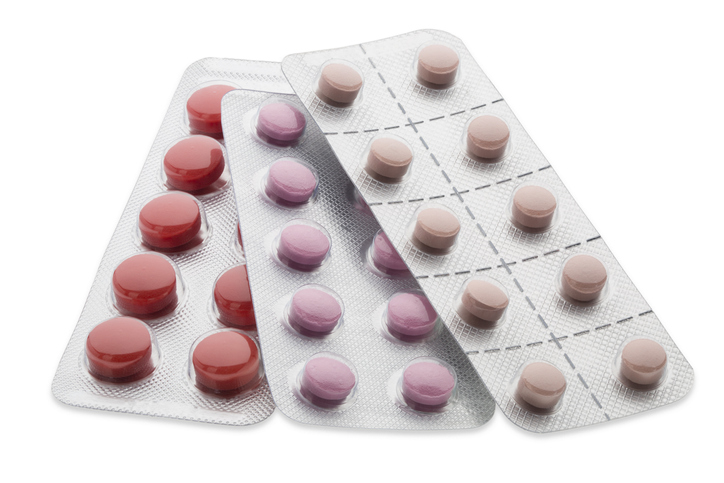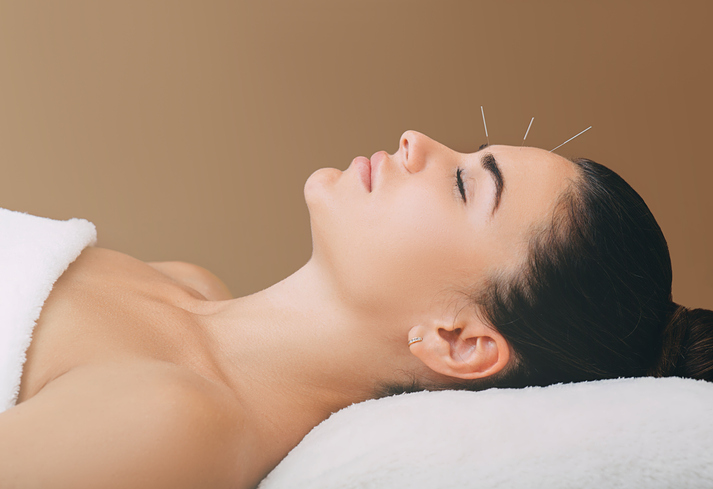Pain
Lifestyle Adjustments for Migraine Prevention

19 people found this helpful
Print
Share
Save
Several lifestyle adjustments may help prevent migraines. These practices can be used alone or in conjunction with preventive medications.
- Identify and avoid trigger foods. It’s helpful to keep a food journal to record any foods or beverages consumed before a migraine attack. If patterns appear, avoid those foods or beverages. Common food and beverage triggers include certain dairy products, meat products containing nitrates, foods containing MSG, and red wine.
- Add certain nutrients to the diet. Omega-3 fatty acids reduce inflammation in the body, which may decrease headache frequency. High levels of omega-3 acids are found in flaxseed and several kinds of fatty fish. Another food to try is buckwheat, which contains a flavonoid called rutin. Flavonoids contain antioxidant properties that can counteract damage to cells. Other nutrients that may help prevent migraines include magnesium, riboflavin (vitamin B2), and coenzyme Q10.
- Try certain herbs. The herbs feverfew and butterbur may help decrease the frequency and severity of migraine attacks. Be sure to speak with a physician before beginning a new herbal treatment or supplement.
- Establish a regular sleep schedule. Migraines can occur when the brain expects to be asleep or well rested, but it is not. Establish good sleep hygiene practices by going to bed and waking up every day at the same time, even on weekends.
- Engage in physical activity. Aerobic activity, such as walking or swimming, can change neuroinflammatory pathways in the body, reducing the frequency or intensity of migraine attacks. Aim for 20 minutes of aerobic activity each day.
- Stay hydrated. Dehydration can be a contributing factor in many headaches, including migraines. Hydrate the body by drinking a glass of water every hour or two.
- Practice stress management. Relaxation techniques, such as mindfulness meditation and breathing exercises, can reduce overall stress levels and help prevent stress-related migraines.
- Quit unhealthy habits. Quitting the habits of smoking, drinking alcohol, and consuming excessive quantities of caffeine is not only beneficial for overall health but may also reduce the frequency of migraine attacks.


















